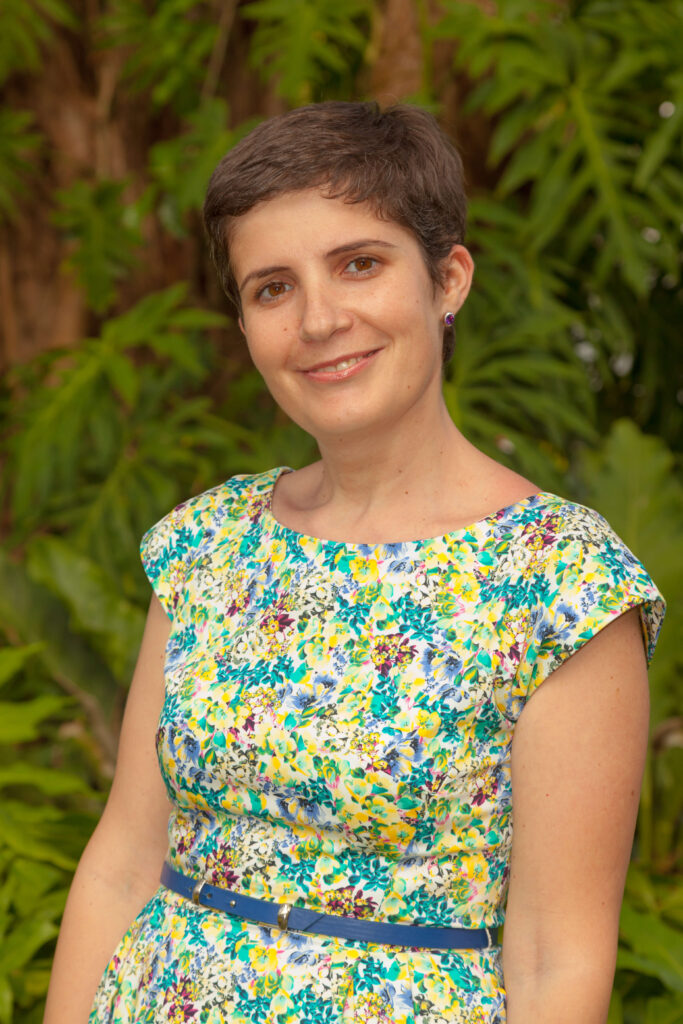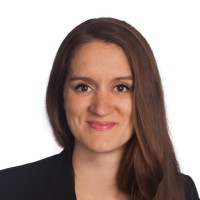
Topic
Program
Slowing economic growth, rising inflation, and climbing interest rates are straining the business models for inclusive fintechs, creating significant uncertainty and new funding challenges. For the past four years, the Inclusive Fintech 50 (IF50) global innovation competition identified and elevated cutting-edge, emerging inclusive fintechs driving financial inclusion. These high-potential start-up fintechs address limitations in financial services delivery for unserved or underserved customers by offering a solution among credit, insurance, payments & remittances, savings & personal financial management, or infrastructure.
To better understand the outlook for the sector amidst these market changes, CFI interviewed past IF50 winners and fintech investors to learn how they are adapting to these uncertain times and the impact of the funding challenges on their business models and the low-income customers they serve.
CFI’s latest report has found:
- The total value of deals for early- and growth-stage inclusive fintechs plunged 75 percent in January and February this year from the same time a year ago.
- The median deal size for growth-stage fintechs appears to drop from $20 million in Q1 2022 to $4.5 million in the first two months of 2023.
- Despite the funding pullback, inclusive fintechs say they remain committed to serving low-income and vulnerable communities.
- Investors expect more failures in the short term, but they are cautiously optimistic that the market shakeout will create a healthier sector in the medium term.
- Business fundamentals is the name of the game today for both fintechs and investors. They are focusing on keeping operational costs low, responding to customer needs, and creating a path to sustainability and profitability.











